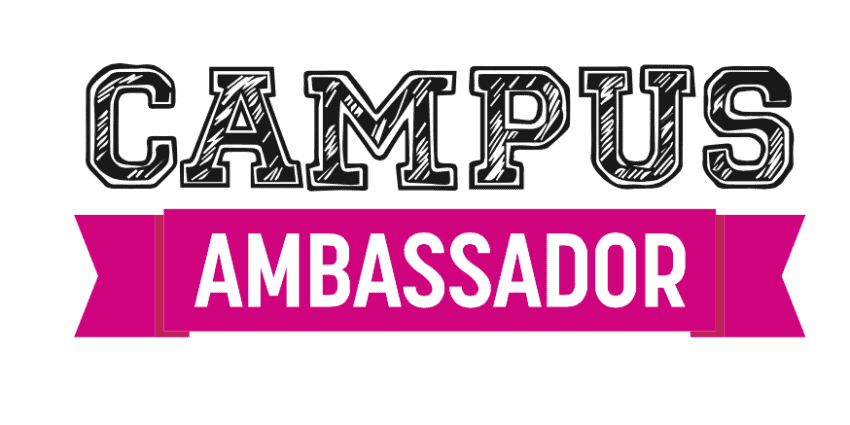Let us get one thing straight.
Campus Ambassador Programs are aimed at taking unpaid labor from students by intervening in their lives through promises of corporate reinforcement.
This article comes from someone who has devoted a major chunk of her undergrad time indulging in these programs.
When one pronounces the word campus ambassador, a cornucopia of labels rings in the amenable mind. That bell makes you feel like you’ve been given a title, a little throne of sorts.

In your heads it sounds more like queen of campus or a little mister somebody on campus now. One takes pride in corporate representation. While I hold these programs in high regard for the invaluable lessons I learnt from them, their basis is that of a slave mentality as there is little to no compensation and on that basis I reject it.
Here are some myths about campus ambassador programs:
- It will help you get insight into corporate culture
Lie. You should keep in mind that these positions belie what they actually entail. They are going to teach you little besides running to your student affairs office and running to gather people for events. You’re the new ambassador of messenger pigeons who shall take word to and fro from the company you are doing free labor for to the university you are laboring in.

- It increases your chances of getting hired by the corporation.
If that were a veracious claim, most students and seniors around you would be hired instantly after graduation. Yet, we don’t see that now, do we? If you aren’t convinced you might want to visit your favorite national or multi-national and find out how many employees have been campus ambassadors in the past. While this may not be true for some firms, it is true for most.

- You’ll make contacts.
That sounds the most mouth-watering. I guess you can relay the managers’ numbers Eid and New Year messages once your ambassadorship is over because besides that they aren’t going to pay much heed to you.

- It will look good on your CV.
Yes. A rich CV is always a good thing. They can help you impress potential graduate colleges at times of admission and might be your aid in getting a good scholarship. They “may” also impress potential hiring firms. But most firms will look at your demeanor and personality traits rather the bullet points on your CV.

- It will help you build confidence.
Where this may or may not be true, it can definitely build on your experiential learning as you will have to meet and greet, coordinate, schedule and reschedule. Sometimes all this proves efficacious in upgrading your communication skill-set.

It is pertinent to understand that these programs are but artful marketing agendas of profligate firms who become extremely “frugal” when it comes to paying for student labor.
To conclude after relaying the aforementioned insight, I’d like to make a paradoxical claim, stating that keeping the subtleties of the business world aside, students should on a moderate level engage in such projects. I have always found myself to be a tad bit more pragmatic, sensible and level headed as compared to my acquaintances that did little but complain 24 hours a day. It pays to be up on your feet.
My bit of advice to any undergrad is to assess the pros and cons of these projects and dwell into them but dwell into them well.














